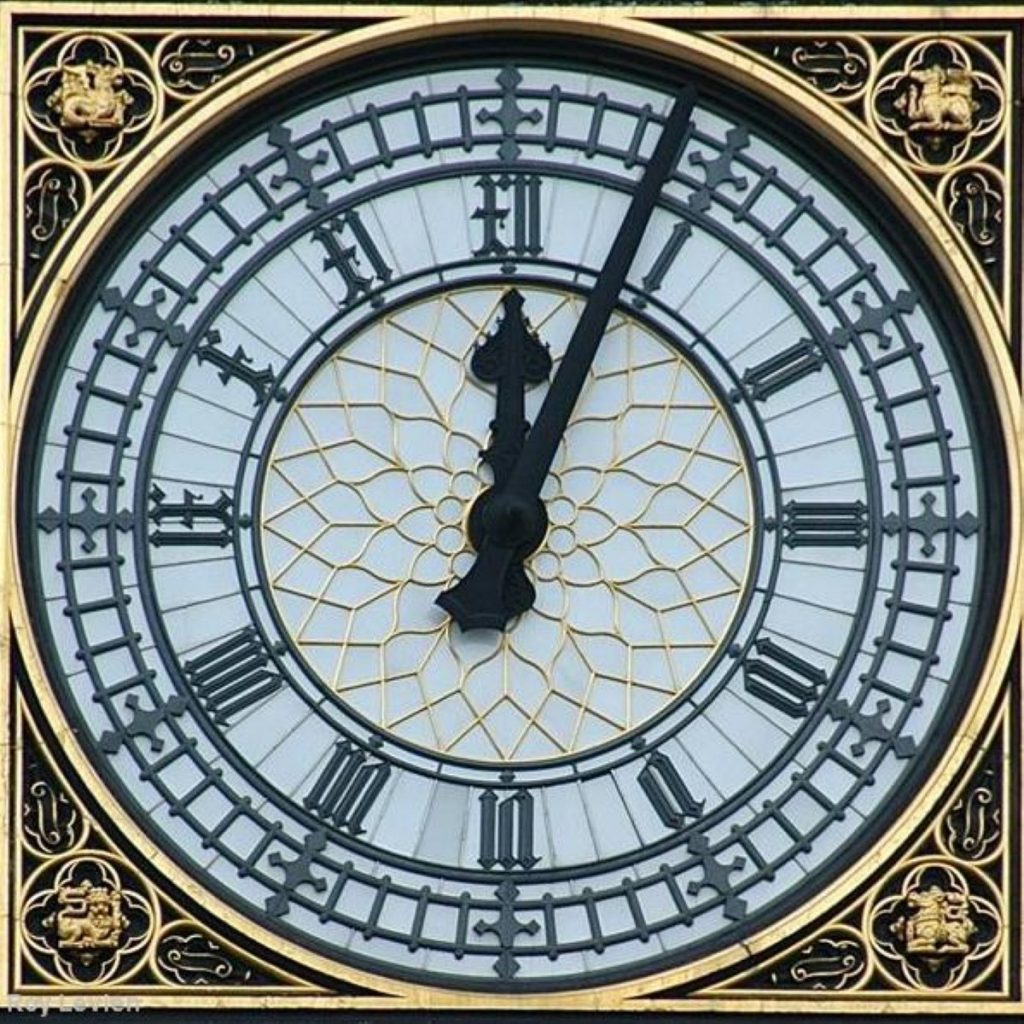‘Game on’ as Lords reform battle begins
One of the most explosive political battles in years has kicked off after the bill for House of Lords reform was finally published this lunchtime.
Nick Clegg told aides "it really is game on" last night as Liberal Democrats prepared for a serious Conservative rebellion, possible high-level resignations and a split Labour party furiously trying to maximise the damage on the coalition.
The bill, which will see an 450-strong, 80% elected House of Lords with senators voted in for 15 years, is set to be the key point of debate in Westminster for the next 12 months.
"The coalition stands on the brink of an historic achievement," Mr Clegg declared.


"The time for idle talk is finished. Now is the time for action."
The government took a resolute stance in favour of the bill yesterday, as it sought to help Mr Clegg secure legitimate constitutional reform in return for the commitment he has shown towards the coalition.
"It is a government bill. It will be whipped appropriately," the prime minister's spokesman said.
"If necessary we will us the Parliament Act. The usual rules [for ministerial aides] apply."
But Conor Burns, Tory MP and ministerial aide to Northern Ireland secretary Owen Paterson, has already threatened to resign over the bill's timetable motion.
"This is major constitutional change. Major constitutional change is not usually guillotined in debate," he said.
"If we are going to have this debate, we need to have it at length and in full and we should have it in committee on the floor of the House of Commons and we should take as much time as is necessary to do that.
"If I lose my job for something that was a mainstream view within the Conservative party in the last parliament, which serving Cabinet ministers held as their view, so be it."
Labour also focused its criticism on the timetable of the debate rather than the idea of reform itself.
The opposition's decision not to support the programme motion means just 60 Tories would need to rebel for it to fail.
If so, Lords reform would dominate the parliamentary timetable into the autumn. It could even be talked out and prevented from ever reaching the Lords by filibustering.
"The problem the government has is that this is a double whammy of bad legislation process," said justice secretary Sadiq Khan.
"On the one hand they're denying the public their say by way of a referendum. On the other hand, they're denying those who represent the public a proper opportunity to scrutinise and improve the legislation by proper debate in the House of Commons and the floor of the House."
But constitutional reformers were appalled by the Labour move.
"By blocking the programme motion they face weeks having to whip their MPs through endless procedural divisions," commented Peter Facey of Unlock Democracy.
"It isn't clear what all this extra time for debate will actually achieve on a topic which has been discussed to death for well over a century."
The coalition offered a further ten days of debate at a later date to Mr Miliband but it did not convince him.
That rejected offer will be a disappointment to Mr Clegg, who has had discussions with the Labour leader recently to get him on side.
But even as Mr Miliband was rejecting the coalition timetable in a bid to worsen government divisions on the issue, he also had to deal with rebellious senior members of his party who wanted him to oppose Lords reform outright.
"We're rushing into this as a legacy for Nick Clegg," former home secretary David Blunkett said.
"There's a lot of Lib Dems worried about their seats at the next general election. And behold! They're going to pop up on a regional list system with PR trying to get re-elected to the second chamber. Hallelujah!"












